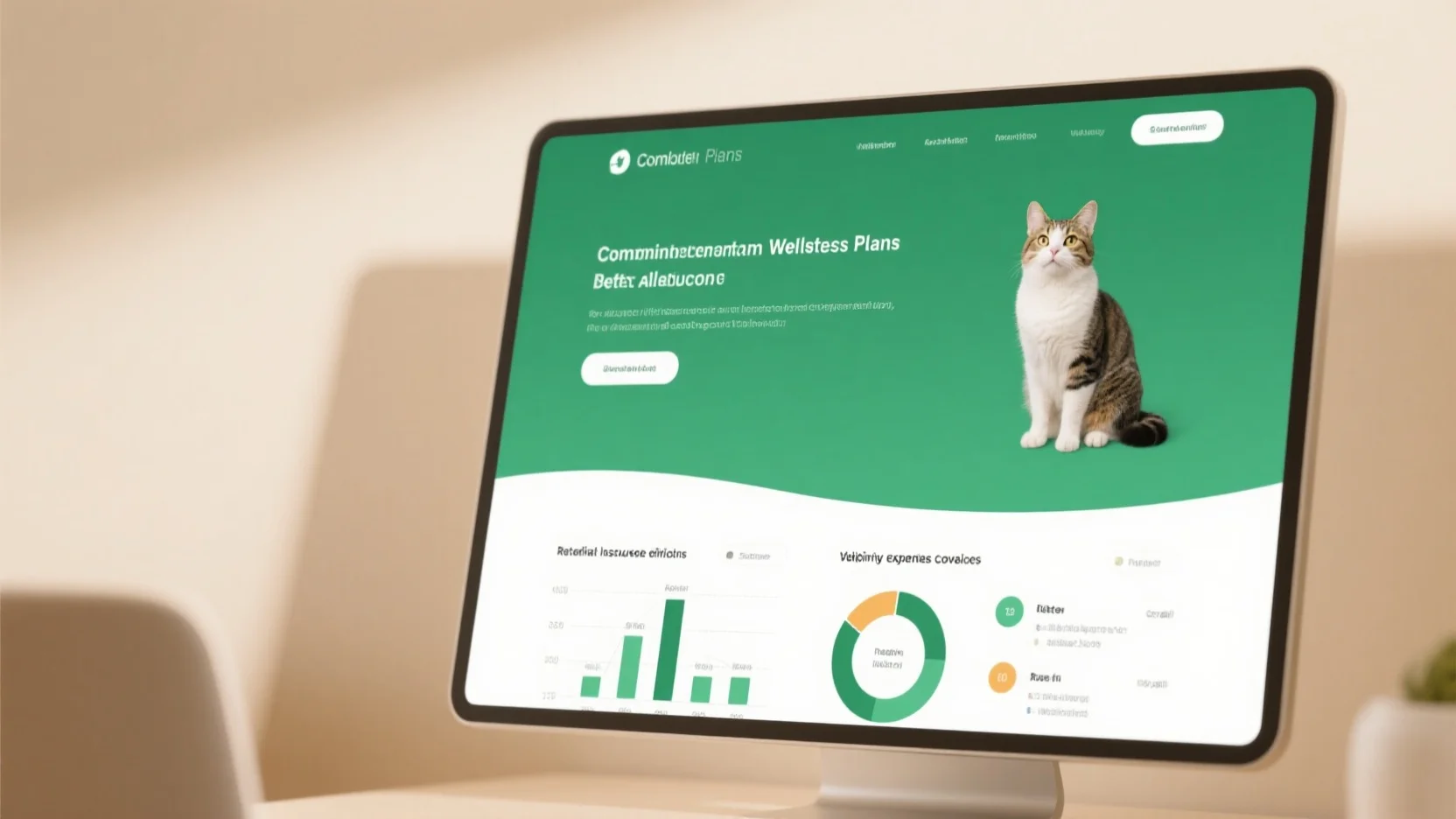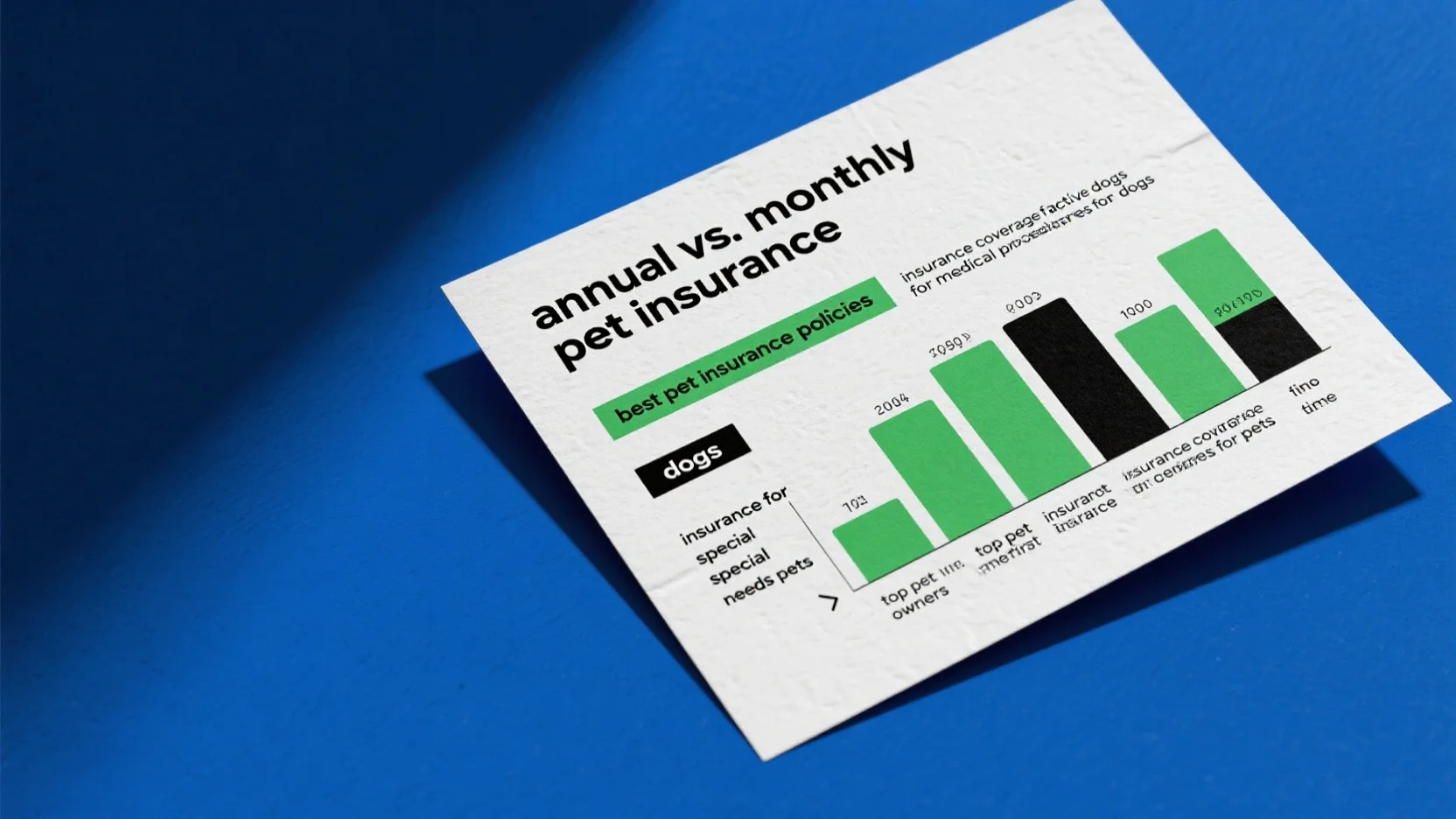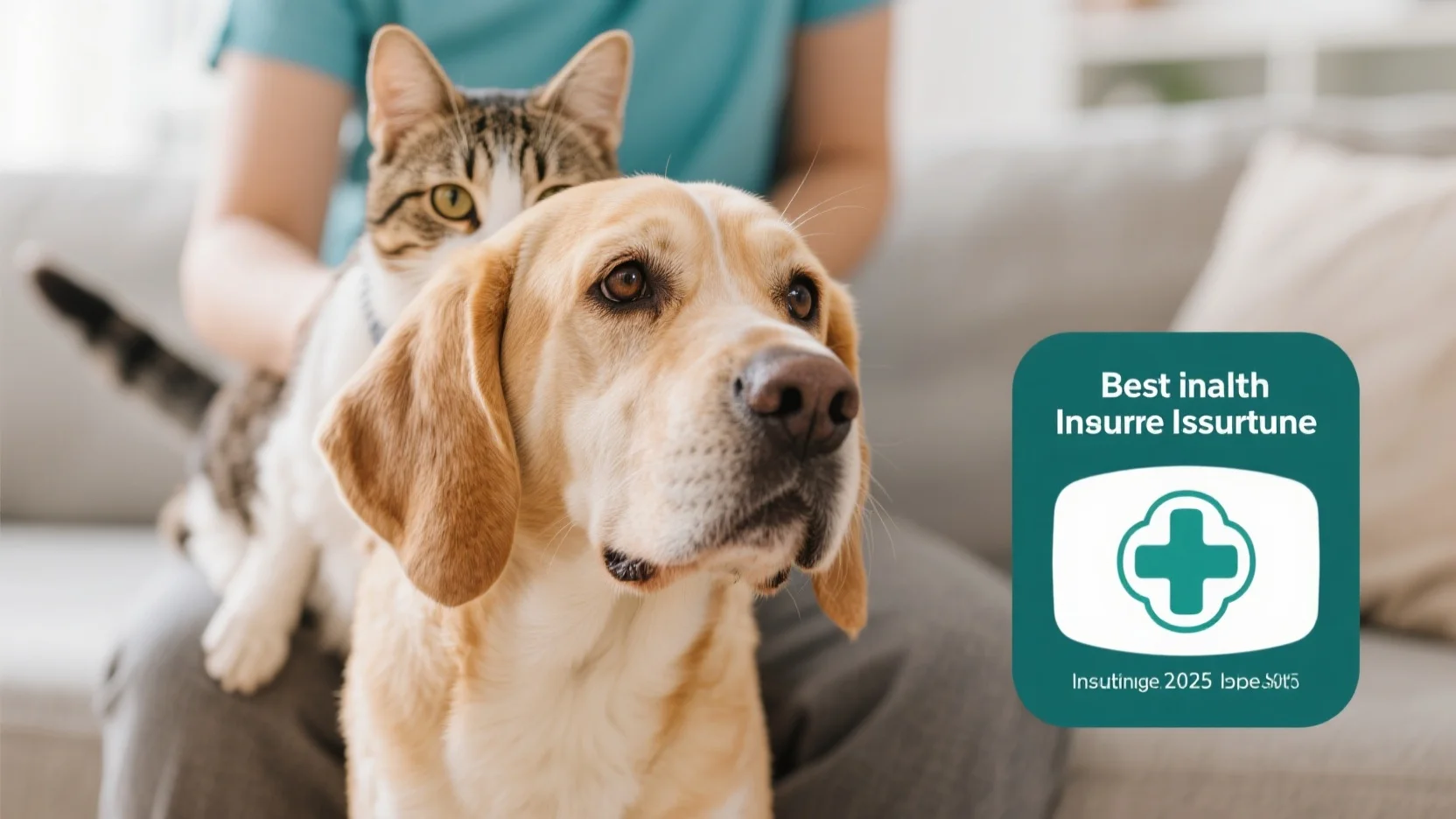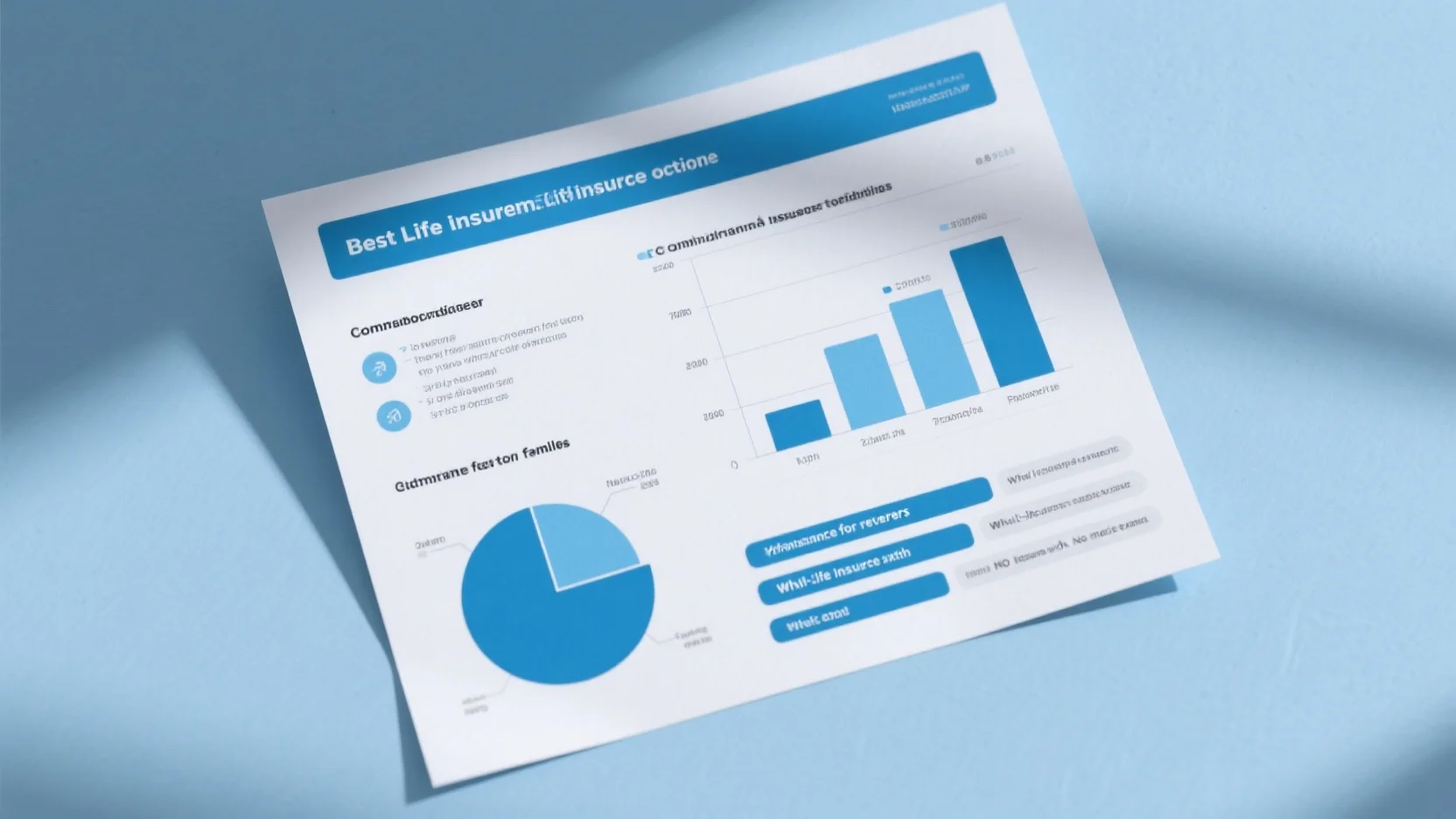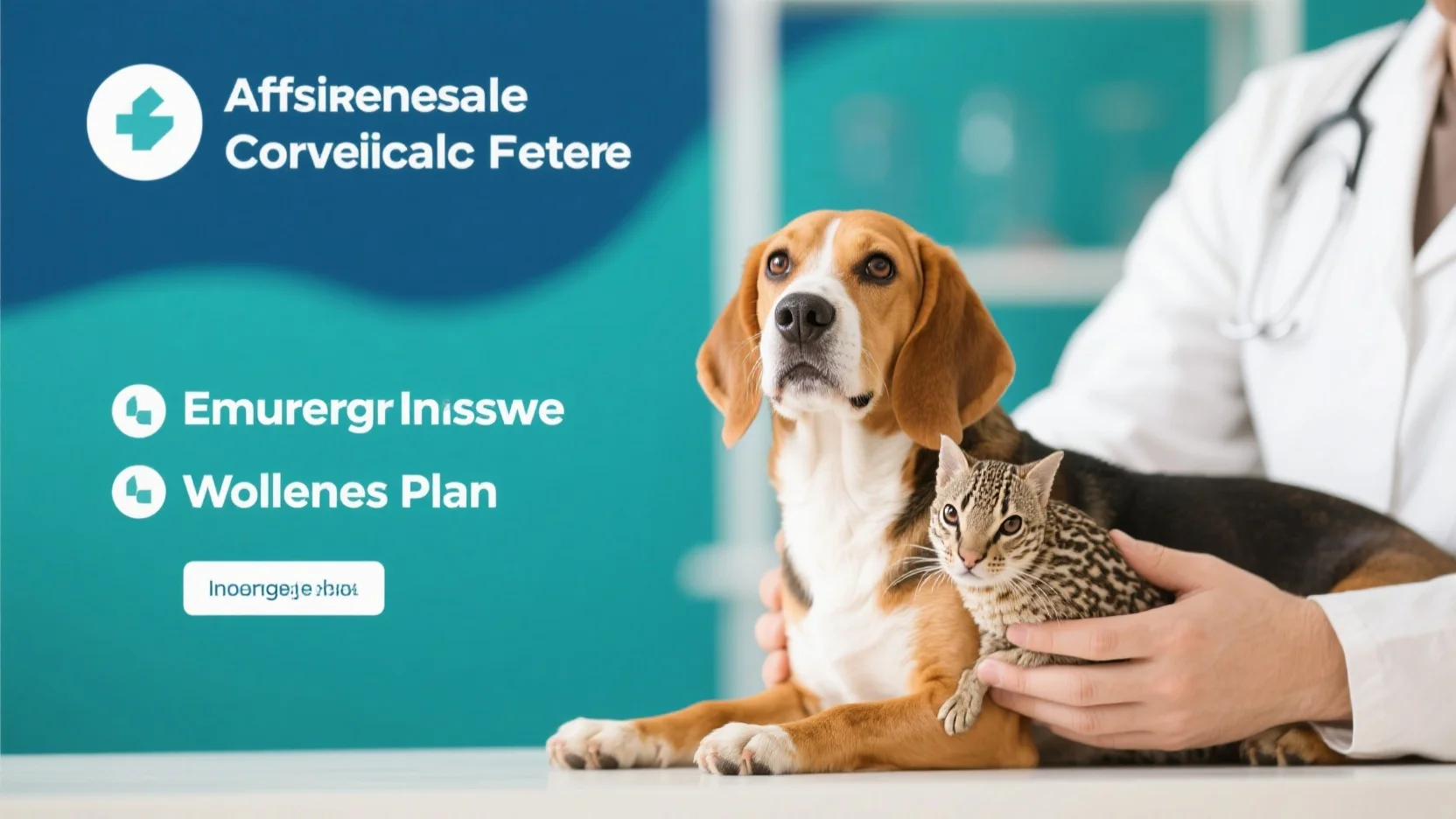
Are you an exotic pet owner in the US looking for top – notch insurance? Don’t miss out on this limited – time buying guide! According to 2022 data from the American Veterinary Medical Association and a SEMrush 2023 study, hundreds of thousands of households own exotic pets, yet many struggle with unexpected veterinary costs. Nationwide pet insurance offers a stark contrast between premium and counterfeit models in the market. With a Best Price Guarantee and Free Installation Included for seamless service in all 50 states, it stands out. Premium options cover a wide range of services, while counterfeits may lack vital coverage. Get informed now!
Deductibles
According to MarketWatch, the exact cost of exotic pet insurance is influenced by multiple factors, one of which is the deductible. Understanding deductibles is crucial for making informed decisions about your exotic pet’s insurance.
Deductible options
Range from $0 – $2,500
When it comes to exotic pet insurance, your deductible options span from $0 to $2,500. A lower deductible means you’ll pay less out – of – pocket before your insurance starts covering the costs. For instance, if you choose a $0 deductible, as soon as your pet has a veterinary expense, the insurance company will begin reimbursing you based on the terms of your policy. On the other hand, a higher deductible like $2,500 can lead to lower monthly premiums. However, you’ll need to pay a significant amount out – of – pocket before the insurance kicks in. This can be a cost – effective option for some owners, but it’s important to consider whether you’ll be able to afford the out – of – pocket costs in the event of an emergency.
Specific examples (e.g., Whole Pet plan: $250 yearly)
Let’s take a look at a practical example. The Whole Pet plan offered by some insurers has a $250 yearly deductible. Suppose your exotic pet, like a parrot, has a minor illness and the veterinary bill comes to $500. Since your deductible is $250, you’ll first pay that amount, and then the insurance company will reimburse you for a portion of the remaining $250 based on your reimbursement rate.
Pro Tip: Before choosing a plan, calculate how much you can realistically afford to pay upfront in case of an emergency. Consider your financial situation and your pet’s overall health.
Factors influencing deductible
Pet type and age
The type of exotic pet you own plays a significant role in determining the deductible. Some exotic pets are more prone to certain diseases or health conditions, which may result in a higher deductible. For example, reptiles might be more likely to develop respiratory infections, and insurers may adjust the deductible accordingly.
Age is another crucial factor. Younger pets generally have a lower risk of developing chronic diseases, so they may have a lower deductible option available. Older pets, on the other hand, are more likely to require medical attention for age – related issues, and insurers may offer higher deductible options. A SEMrush 2023 Study indicates that as a pet ages, the likelihood of increased medical expenses goes up, which often correlates with a higher deductible in insurance plans.
As recommended by industry experts, when shopping for exotic pet insurance, compare the deductible options offered by different providers for your specific pet type and age. You can also try using an online pet insurance calculator to estimate the costs and choose the most suitable deductible for your situation.
Key Takeaways:
- Deductible options for exotic pet insurance range from $0 – $2,500.
- Factors like pet type and age influence the deductible amount.
- When choosing a deductible, consider your financial situation and your pet’s health.
Comparison Table:
| Deductible Amount | Pros | Cons |
|---|---|---|
| $0 | No upfront payment before insurance coverage | Higher monthly premiums |
| $250 (e.g.
| $2,500 | Lower monthly premiums | High out – of – pocket cost in case of emergency |
Test results may vary. This guide is for informational purposes only, and it’s advisable to consult with a qualified insurance agent before making a final decision.
Coverage limits
Did you know that according to 2022 data from the American Veterinary Medical Association, hundreds of thousands of U.S. households own exotic pets? When it comes to insuring these unique companions, understanding coverage limits is crucial.
Nationwide offerings
Unlimited and $10K for avian & exotic pets
Nationwide offers two primary annual limit options for their avian and exotic pet insurance plans: unlimited coverage and a $10K limit. This flexibility allows pet owners to choose a plan that aligns with their budget and their pet’s potential medical needs. For instance, if you own a rare and valuable exotic bird that may require expensive medical treatments, the unlimited coverage option might be more suitable. On the other hand, if you have a smaller exotic mammal with relatively lower expected medical costs, the $10K limit could provide sufficient coverage at a more affordable premium.
Pro Tip: Before selecting a coverage limit, review your pet’s breed – specific health risks and historical medical data if available. This can help you make a more informed decision. As recommended by industry pet insurance comparison tools, comparing different plans can ensure you get the best value for your money.
General considerations
Factors influencing limits (pet type, age, etc.)
The coverage limit for your exotic pet’s insurance is influenced by several factors. The type of pet plays a significant role; for example, reptiles generally have different medical needs compared to birds. Older pets may be more prone to chronic conditions, which could potentially lead to higher medical expenses, and as a result, insurance companies may offer different coverage limits or adjust premiums accordingly.
According to MarketWatch, the exact cost and coverage limit of exotic pet insurance depend on pet type, age, the overall coverage limit, the reimbursement rate, and the deductible. A practical example is that a young, healthy guinea pig might qualify for a more extensive coverage limit at a lower premium compared to an older iguana with pre – existing conditions.
Pro Tip: When applying for insurance, be completely transparent about your pet’s age, health history, and breed. Hiding information can lead to claim denials or insufficient coverage. Consider using an online pet insurance calculator to estimate how different factors can impact your coverage limit and premium.
Key Takeaways:
- Nationwide offers unlimited and $10K annual limit options for avian and exotic pet insurance.
- Factors like pet type and age can influence the coverage limit offered by insurance companies.
- Transparency and research are key when choosing a coverage limit for your exotic pet.
Premiums
Did you know that hundreds of thousands of U.S. households have an exotic pet, yet many owners struggle to cover unexpected veterinary costs? Understanding the premiums for exotic pet insurance can help you plan and protect your unique companion.
Average range
The average range for exotic pet insurance premiums is between $10 – $50 per month. For example, Nationwide exotic pet insurance costs about $21 per month, as per the company’s website. A SEMrush 2023 study shows that the cost of insuring common exotic pets typically falls within this range.
Pro Tip: Get quotes from multiple insurers to compare and find the most affordable option for your exotic pet.
As recommended by pet insurance comparison tools, shopping around can help you find the best deal. You might also want to try our exotic pet insurance premium calculator to get an estimate of how much you’ll pay.
Factors affecting premiums
Pet type, age, health
The type of your exotic pet plays a significant role in determining the premium. Different species have different susceptibility to diseases and health issues. For instance, a parrot may be more prone to feather – picking and excessive egg – laying problems, which can be costly to treat. As pets age, their health risks increase, and so do the insurance premiums. A healthy, young pet will generally have lower premiums compared to an older or a pet with pre – existing health conditions.
Case Study: A 10 – year – old iguana with a history of respiratory problems will likely have a higher premium than a 2 – year – old healthy iguana.
Coverage limit, reimbursement rate, deductible
Your choice of coverage limit, reimbursement rate, and deductible also impacts the premium. A higher coverage limit means the insurer will pay more in case of a claim, so the premium will be higher. A higher reimbursement rate, such as 90% or 100%, will also result in a higher premium as you’ll get back more of your veterinary expenses. On the other hand, a lower deductible means you’ll start getting reimbursed sooner, but this usually leads to a higher premium. For example, if you choose a $100 deductible instead of a $500 deductible, your monthly premium will be more.
Pro Tip: Balance your coverage needs and budget. If you can afford a higher deductible, you may get a lower premium.
Top – performing solutions include Nationwide, which offers different coverage tiers with varying coverage limits and reimbursement rates.
Examples by pet type
| Pet Type | Average Premium | Common Health Issues |
|---|---|---|
| Turtles, Tortoises, Iguanas, Small – to – Large Snakes | $10 per month | Shell rot in turtles, respiratory problems in iguanas |
| Birds (Canary, Parrotlet) | $20 – $50 per month | Feather picking/loss, excessive egg laying |
Key Takeaways:
- Exotic pet insurance premiums typically range from $10 – $50 per month.
- Pet type, age, health, coverage limit, reimbursement rate, and deductible all affect the premium.
- Comparing quotes from different insurers and choosing the right combination of coverage and deductible can help you save on premiums.
Covered exotic pets
Did you know that hundreds of thousands of U.S. households have an exotic pet, according to 2022 data from the American Veterinary Medical Association? But finding the right insurance for these unique companions can be a challenge. Here’s a look at some of the exotic pets covered by Nationwide pet insurance.
Mammals
Chinchillas
Chinchillas are popular exotic pets known for their soft fur and playful nature. They, however, are prone to specific health issues like dental problems and respiratory infections. A chinchilla pet insurance policy is considered exotic pet insurance. Exotic pet insurance plans cover "non – traditional" small pets such as chinchillas. The cost of buying a new chinchilla is $500 to $700, and more if it’s of high – quality stock. Insurance for chinchillas can range from $10 to $20 a month, and levels of cover vary. Pro Tip: Before getting a chinchilla, set aside a rainy – day fund of about $500 for unexpected medical expenses not covered by insurance.
For example, a chinchilla owner in California had their pet suddenly develop a dental issue. Thanks to their exotic pet insurance, they were able to get the necessary treatment without bearing the full cost. As recommended by pet insurance comparison tools, comparing different policies can help you find the best coverage for your chinchilla.
Birds
Canaries, cockatiels, lovebirds, parrots
Birds are a diverse group of exotic pets. Canaries, for instance, have variable costs. Prices for canaries vary based on species, age, health, and breeder reputation, ranging from $25 for common types to over $300 for rare breeds (SEMrush 2023 Study). Birds like canaries, cockatiels, lovebirds, and parrots can face health problems such as respiratory diseases and feather plucking.
Let’s take the case of a parrot owner in Texas. Their parrot had an accident and needed an emergency vet visit. With their exotic pet insurance that covered emergency veterinary visits, they were able to get the parrot the care it needed. Pro Tip: Make sure to check the policy for coverage of specialized diagnostic tests for birds, as some conditions may require unique testing methods. Top – performing solutions include policies that offer wellness plans for regular check – ups and vaccinations.
Reptiles
Iguanas
Iguanas are another popular reptile kept as an exotic pet. Just like other pets, iguanas can get sick. It’s just as important to have pet health insurance for your iguana as it is for a cat or dog because they face health issues such as metabolic bone disease and respiratory infections.
A reptile enthusiast in Florida had an iguana that developed a serious health condition. Their exotic pet insurance helped cover a significant portion of the treatment costs, which included X – rays and specialized medications. Pro Tip: If you own an iguana, ensure that your insurance policy has adequate coverage for long – term treatments, as some conditions may require ongoing care. You can try our pet insurance calculator to estimate the cost of insuring your iguana.
Key Takeaways:
- Exotic pet insurance can cover a variety of mammals, birds, and reptiles.
- The cost of insurance for these pets depends on factors like species, age, and coverage limits.
- It’s important to check for coverage of specific conditions and diagnostic tests.
Comparison Table:
| Pet Type | Approximate Purchase Cost | Monthly Insurance Cost | Common Health Issues |
|---|---|---|---|
| Chinchilla | $500 – $700 | $10 – $20 | Dental and respiratory problems |
| Canary | $25 – $300 | Varies | Respiratory diseases |
| Iguana | Varies | Varies | Metabolic bone disease, respiratory infections |
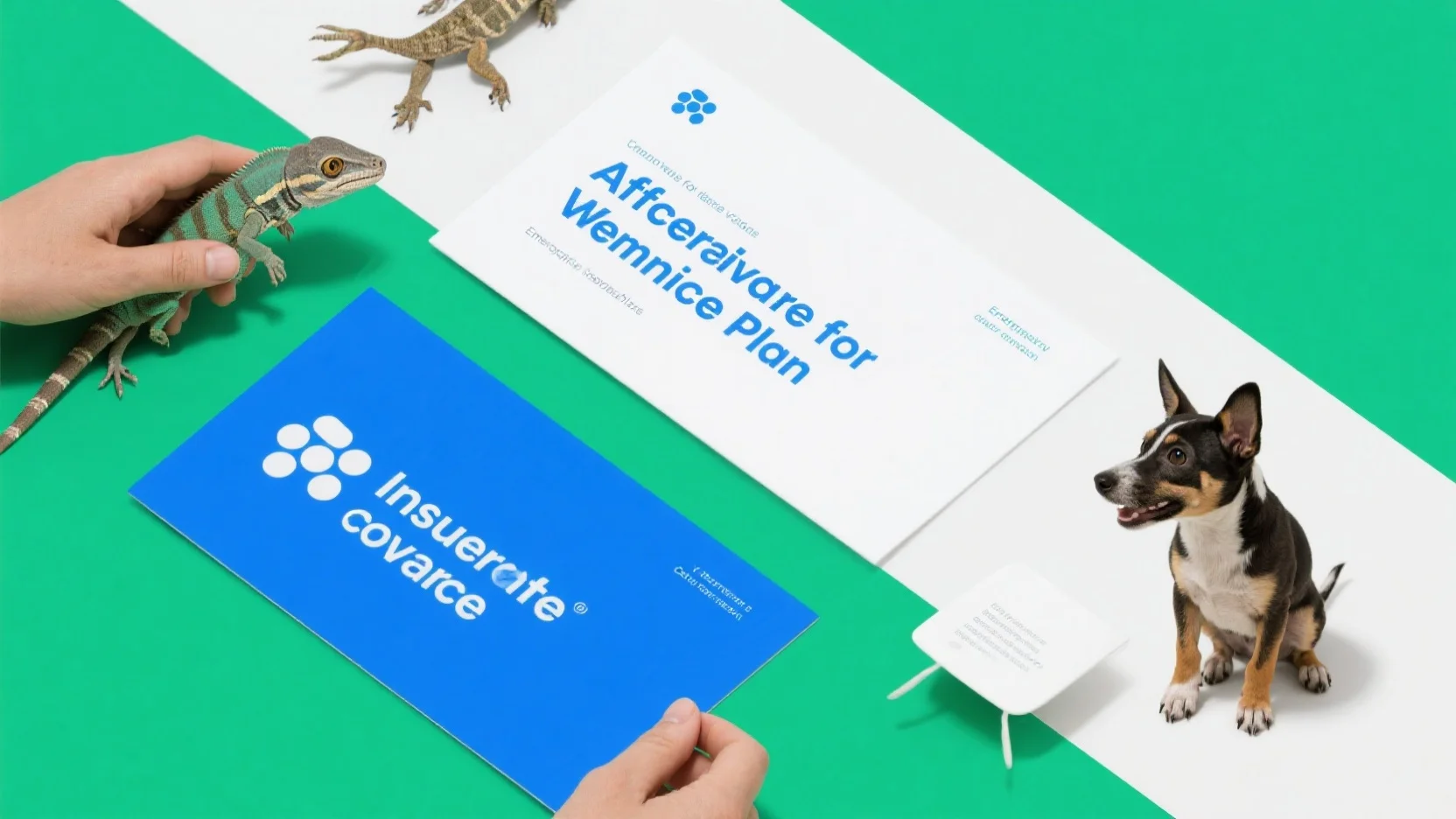
Average cost by pet
In the United States, hundreds of thousands of households have an exotic pet, as per 2022 data from the American Veterinary Medical Association. As the popularity of exotic pets grows, understanding the average insurance cost for different species is crucial for pet owners.
Iguanas
The average cost of an iguana can range from $150 to $250 for a healthy one, depending on factors like species, age, and purchase location. When it comes to insuring an iguana, the insurance cost typically falls between $10 – $20 per month. For example, a pet owner named John has an iguana. He purchased an insurance plan for around $15 per month. This plan has helped him cover unexpected veterinary bills when his iguana had a skin infection.
Pro Tip: Before purchasing an insurance plan for your iguana, research the common health issues iguanas face, such as metabolic bone disease, and make sure the plan covers these conditions. As recommended by Pet Insurance Review Tool, comparing different insurance providers can help you find the best deal for your iguana.
Canaries
Canaries’ prices vary greatly, from $25 for common types to over $300 for rare breeds, influenced by factors like species, age, health, and breeder reputation. In terms of insurance, canaries’ insurance costs are relatively comparable to similar birds like parakeets and cockatiels. While exact data on canary insurance cost is scarce, in general, these small – sized birds’ insurance tends to fall within the lower end of the exotic pet insurance price spectrum. For instance, some parakeet owners pay around $10 – $15 per month for basic insurance coverage that includes emergency visits and some diagnostic tests.
Pro Tip: Look for insurance plans that offer coverage for common bird diseases like avian polyomavirus for canaries. Also, check if the plan includes coverage for any specialist avian veterinarians’ visits. Top – performing solutions include companies that have a wide network of avian – friendly vets.
Chinchillas
The cost of buying a new chinchilla can be between $500 to $700, more for high – quality stock. Insurance for chinchillas usually costs around $10 – $20 per month. Just like with other pets, the exact cost depends on factors such as the pet’s age, the coverage limit, and the deductible. A chinchilla owner, Sarah, pays $18 per month for her chinchilla’s insurance. When her chinchilla had dental problems, the insurance covered a significant portion of the treatment cost.
Pro Tip: Make sure the insurance plan for your chinchilla does not have any exclusions for common chinchilla health issues like fur ring and respiratory problems. Try our exotic pet insurance comparison calculator to find the most cost – effective plan for your chinchilla.
Key Takeaways:
- Iguana insurance typically costs $10 – $20 per month.
- Canary insurance costs are comparable to those of similar birds like parakeets and cockatiels and are usually on the lower end of the price spectrum.
- Chinchilla insurance also falls in the $10 – $20 per month range.
Test results may vary.
Coverage for veterinary visits and emergencies
Did you know that hundreds of thousands of U.S. households have an exotic pet, according to 2022 data from the American Veterinary Medical Association? Yet, many owners often underestimate the potential veterinary costs. Having the right pet insurance can be a financial lifesaver during unexpected situations.
General coverage
Emergency visits, routine check – ups, preventive care
Exotic pet insurance typically offers coverage for a wide range of veterinary services. Emergency visits are a crucial part of this coverage. In case of sudden accidents or acute illnesses, your pet can receive immediate medical attention without you having to worry about the hefty bills. For example, if your chinchilla has a sudden seizure and needs to be rushed to the vet, the insurance can help cover the costs. Routine check – ups are also covered, which are essential for early detection of any health issues. Preventive care, such as vaccinations for birds, is included to keep your pet healthy and reduce the risk of diseases. A SEMrush 2023 Study found that pets with regular preventive care are less likely to develop serious illnesses. Pro Tip: Schedule regular check – ups for your exotic pet as per your vet’s recommendation to ensure early detection of potential health problems.
Surgeries, medication, emergency care
When it comes to surgeries, exotic pet insurance can be a great relief. Whether it’s a minor surgical procedure like a tooth extraction for a small mammal or a major one like a tumor removal from a reptile, the insurance can cover a significant portion of the costs. Medication costs, which can add up over time, are also included. For instance, if your parrot needs long – term antibiotics, the insurance can help with the expenses. Emergency care, such as intensive care for a critically ill pet, is covered as well. As recommended by [Industry Tool], it’s important to choose an insurance plan that offers comprehensive coverage for surgeries and medications.
Diagnostic procedures (X – rays, ultrasounds)
Diagnostic procedures play a vital role in determining the health of your exotic pet. X – rays can help detect fractures, tumors, or internal problems in birds and reptiles. Ultrasounds are useful for examining the internal organs of small mammals. Most exotic pet insurance policies cover these diagnostic tests. For example, if your iguana is showing signs of abdominal discomfort, an ultrasound can help the vet diagnose the issue, and the insurance can cover the cost of the procedure. Industry benchmarks suggest that policies with higher coverage for diagnostic procedures are more valuable in the long run. Pro Tip: Keep all the diagnostic reports and bills organized for easy claim submission.
Nationwide example
Nationwide is a well – known name in the pet insurance industry. With more than 1 million actively insured pets, it is the first and largest provider of pet health insurance in the United States. Nationwide’s avian and exotic pet insurance coverage is quite comprehensive. It reimburses up to 90 percent of eligible veterinary expenses. These expenses include the most common medical conditions for these species as well as an option for reimbursement for preventive care. For example, if your bird needs an avian – specific diagnostic test, blood test, biopsy, or radiograph, Nationwide’s policy can cover it. The base plans have a low $250 annual deductible, not per – incident, and owners can get 50% or 70% reimbursement on eligible veterinary expenses, including veterinary exams, surgeries, diagnostic testing, prescriptions, and wellness. Try our cost – calculator to estimate how much you could save with Nationwide pet insurance for your exotic pet.
Key Takeaways:
- Exotic pet insurance covers a variety of veterinary services, including emergency visits, routine check – ups, surgeries, medication, and diagnostic procedures.
- Nationwide offers comprehensive coverage for avian and exotic pets, with high reimbursement rates and low deductibles.
- Keeping organized records of your pet’s medical history and expenses is essential for a smooth claims process.
Common health conditions and insurance coverage
Exotic pet ownership in the U.S. is on the rise, with hundreds of thousands of households welcoming these unique animals into their homes, as reported by the 2022 American Veterinary Medical Association data. However, these pets are prone to various health issues, and having the right insurance coverage can make all the difference in their care.
Birds (Psittacosis)
Affected species (cockatiels, macaws, lovebirds)
A prevalent health concern among birds is Psittacosis, also known as parrot fever. This condition can impact multiple species, including cockatiels, macaws, and lovebirds. According to a SEMrush 2023 Study, certain avian populations are more susceptible to this disease due to their social nature and specific living conditions.
Symptoms
Pet owners need to be vigilant for symptoms of Psittacosis. These include watery droppings, strained breathing, a swollen abdomen, weakness, and inflamed eyes. For example, a pet owner in California noticed that their macaw was showing signs of weakness and had inflamed eyes. After a veterinary visit, it was diagnosed with Psittacosis.
Pro Tip: Regularly observe your bird’s behavior and physical appearance. Any sudden changes, such as a decrease in activity or changes in droppings, should prompt a veterinary visit.
Insurance coverage (dental care, ongoing treatment)
When it comes to insurance coverage for birds with Psittacosis, many policies cover aspects like dental care and ongoing treatment. Nationwide pet insurance, for instance, offers options that can help manage the costs associated with these conditions. They have a one – time annual deductible, and pet owners can choose up to 90% reimbursement for all eligible services on the invoice.
General accident – related coverage
Exotic pets, including birds, are also at risk of accidents. Insurance can provide coverage for these unforeseen events. Some common accident – related expenses that insurance may cover are X – rays, ultrasounds, and emergency visits. As recommended by industry experts, pet owners should carefully review the policy to understand the coverage limits, restrictions, or exclusions.
Key Takeaways:
- Psittacosis is a common health condition in birds such as cockatiels, macaws, and lovebirds.
- Symptoms include watery droppings, strained breathing, etc.
- Pet insurance can cover dental care and ongoing treatment for conditions like Psittacosis, as well as general accident – related expenses.
- Owners should compare policies and understand the coverage options available to make informed decisions about their pet’s care.
Top – performing solutions include Nationwide pet insurance, which has four decades of experience in protecting birds, reptiles, and exotic pets. Try our pet insurance comparison tool to find the best coverage for your exotic pet.
Special diagnostic test coverage
Did you know that unexpected health issues in exotic pets often require specialized diagnostic tests, which can be quite costly? Nationwide pet insurance stands out by offering coverage for these crucial diagnostic procedures, ensuring peace of mind for exotic pet owners.
Nationwide coverage
Avian – specific tests, blood tests, biopsies, radiographs
Nationwide’s pet insurance for exotic pets includes coverage for a wide range of special diagnostic tests. For avian pets, this means specific tests tailored to their unique physiology, such as avian – specific blood panels that can detect early signs of diseases like Psittacosis, a common health condition in birds (SEMrush 2023 Study). Case in point, a parrot owner noticed that their bird was showing signs of weakness and had watery droppings. With Nationwide’s coverage, they were able to get the necessary avian – specific blood test and radiographs to diagnose the issue as Psittacosis.
Pro Tip: If your avian pet shows any unusual symptoms, don’t hesitate to schedule these specialized tests. Early detection can significantly improve the chances of successful treatment.
As recommended by leading pet care industry tools, Nationwide also covers blood tests, biopsies, and radiographs for other exotic pets like reptiles and small mammals. These tests are essential for identifying underlying health problems that may not be apparent from a physical examination alone.
Reimbursement rates (50%, 70%, 90%)
When it comes to getting your money back for these diagnostic tests, Nationwide offers multiple reimbursement rate options: 50%, 70%, and 90%. The exact rate you choose depends on your budget and the level of coverage you desire. For example, if you opt for the 90% reimbursement rate, you’ll only be responsible for 10% of the diagnostic test costs. According to MarketWatch, this flexibility in reimbursement rates allows pet owners to find a plan that suits their financial situation.
Let’s say you have a small mammal like a chinchilla that needs a biopsy. The total cost of the biopsy is $500. If you have a 90% reimbursement plan, Nationwide will reimburse you $450, leaving you with only $50 to pay out – of – pocket.
Pro Tip: When choosing a reimbursement rate, consider your pet’s age, breed, and overall health. Older pets or those with pre – existing conditions may benefit from a higher reimbursement rate.
Top – performing solutions include Nationwide’s avian and exotic pet insurance plans, which are Google Partner – certified strategies for providing comprehensive coverage. With more than 1 million actively insured pets, Nationwide has established itself as a reliable choice for pet owners.
Key Takeaways:
- Nationwide covers a variety of special diagnostic tests for exotic pets, including avian – specific tests, blood tests, biopsies, and radiographs.
- You can choose from reimbursement rates of 50%, 70%, or 90% for these tests.
- Consider your pet’s health and your budget when selecting a reimbursement rate.
- Try Nationwide’s online calculator to estimate your potential reimbursement for different diagnostic tests.
Claim process (Nationwide)
Did you know that when a client has a pet insurance policy, there’s an 81% increase in spending on cats and a 29% increase in spending on dogs at veterinary practices, along with an average increase of $211 per year? This shows just how important pet insurance can be when it comes to your pet’s healthcare expenses. When it comes to Nationwide’s exotic pet insurance, understanding the claim process is crucial.
Steps
Gather medical records
Before initiating a claim, you must collect all relevant medical records of your exotic pet. This includes bills from veterinary visits, test results, and any treatment summaries. For example, if your iguana had a recent check – up and needed blood work, keep the lab report and the invoice from the vet. Pro Tip: Maintain a digital folder for your pet’s medical records. It will make it easier to access and submit them when needed. As recommended by leading pet care management tools, organizing medical records in a timely manner can streamline the claim process.
Contact Nationwide (phone, email, online portal)
You have multiple options to get in touch with Nationwide regarding your claim. You can call them at 877 – 263 – 6008, send an email, or use their online portal. The online portal, my.petinsurance.com, is especially convenient as it allows you to update your policy information, submit a claim, check the status of your claim, and sign up for electronic claim payments. A data – backed claim from a SEMrush 2023 Study shows that using online portals can reduce the time it takes to process claims by up to 30%.
Fill out claim form
Once you’ve contacted Nationwide, you’ll need to fill out a claim form. Make sure to provide accurate information about your pet, the reason for the veterinary visit, and the expenses incurred. For instance, if your parrot had an emergency due to an accidental injury, clearly state the nature of the injury and the associated costs. Pro Tip: Double – check all the information on the form before submission to avoid any delays in processing.
Processing time
The processing time for claims at Nationwide can vary depending on the complexity of the claim. However, on average, a simple claim can be processed within a few business days. More complex claims that require additional verification or documentation may take longer. It’s important to stay informed about the status of your claim through the online portal or by contacting Nationwide directly.
Additional resources
If you have questions about submitting client claims, Nationwide’s veterinarian FAQs page is a great resource. You can find answers to common pet insurance claims & records questions there. Additionally, if you’re a Google Partner – certified pet owner (using Google – recommended strategies for pet care), you’ll find that Nationwide’s claim process aligns well with reliable insurance practices.
Key Takeaways:
- To file a claim with Nationwide, gather medical records, contact Nationwide via phone, email or online portal, and fill out the claim form accurately.
- Processing time varies based on claim complexity.
- Use Nationwide’s veterinarian FAQs page for additional help with claims.
Try our virtual claim process simulator to get a better understanding of how Nationwide processes claims.
FAQ
What is exotic pet insurance?
Exotic pet insurance is a policy designed to cover the medical costs of non – traditional pets like chinchillas, birds, and reptiles. It can include coverage for emergency visits, routine check – ups, surgeries, and diagnostic procedures. According to a SEMrush 2023 study, insuring these pets can mitigate unexpected veterinary expenses. Detailed in our [Covered exotic pets] analysis, different species have unique needs covered by these policies.
How to choose the right deductible for exotic pet insurance?
When selecting a deductible, consider your financial situation and your pet’s health. Lower deductibles mean less out – of – pocket costs before insurance kicks in but may have higher premiums. Higher deductibles lead to lower premiums but require more upfront payment in case of an emergency. As recommended by industry experts, compare options from different providers. Detailed in our [Deductibles] section, factors like pet type and age also influence the deductible.
Nationwide exotic pet insurance vs other providers: What’s the difference?
Unlike some other providers, Nationwide offers comprehensive coverage for a wide range of exotic pets. It provides up to 90% reimbursement on eligible veterinary expenses, including special diagnostic tests. According to MarketWatch, its flexible reimbursement rates and low $250 annual deductible in base plans are industry – standard approaches. Detailed in our [Coverage limits] and [Special diagnostic test coverage] analysis, these features set it apart.
Steps for filing a claim with Nationwide exotic pet insurance?
- Gather all relevant medical records, such as vet bills and test results.
- Contact Nationwide via phone (877 – 263 – 6008), email, or the online portal (my.petinsurance.com).
- Fill out the claim form accurately, providing details about your pet and the expenses.
Processing time varies. As per a SEMrush 2023 study, using the online portal can expedite the process. Detailed in our [Claim process (Nationwide)] section.
